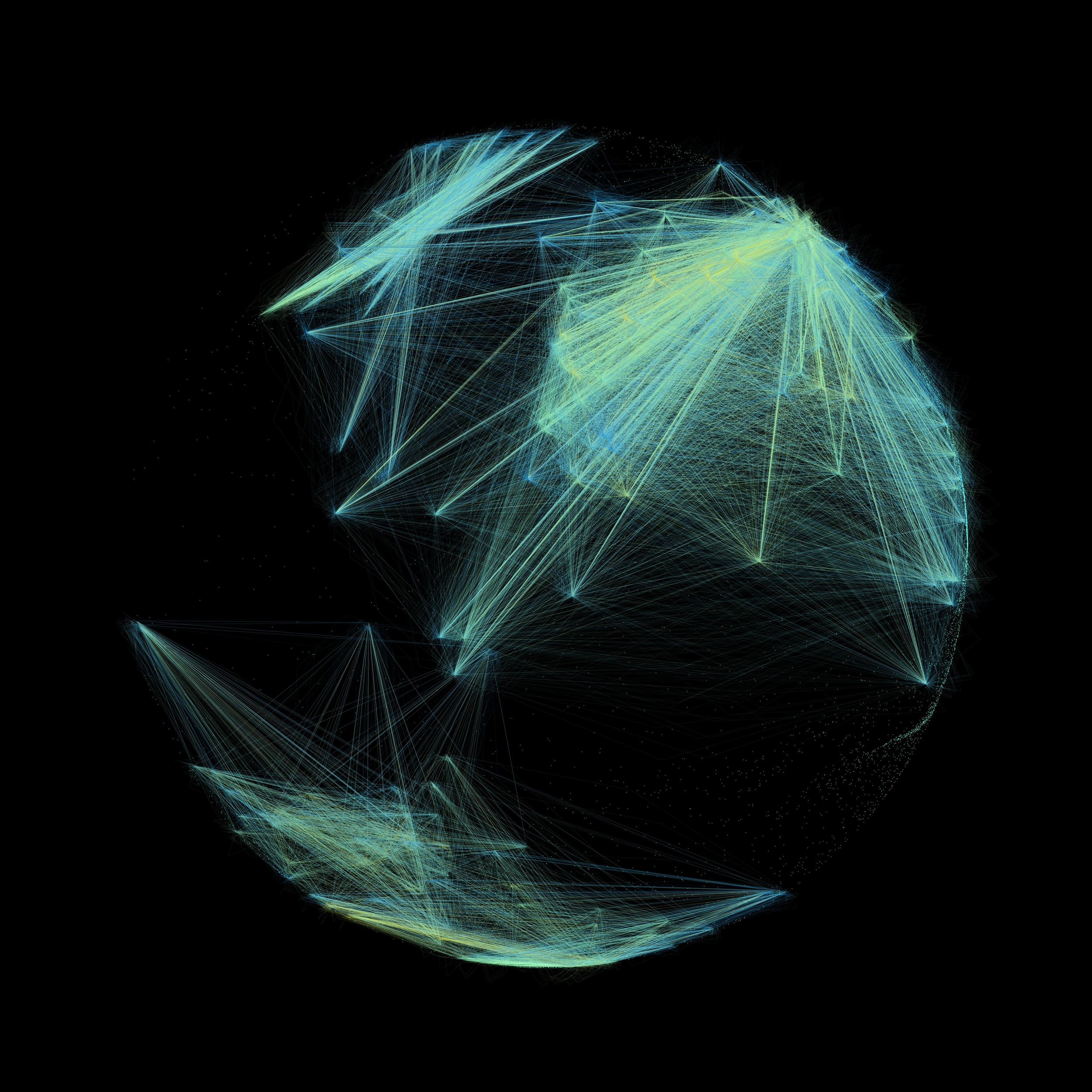Escaping Hell - AI and the Job Market
The Atlantic recently described the modern job market as “hell.” Insecure, exhausting and fundamentally misaligned with the lives of workers. That framing resonates because it captures a truth many professionals already feel i.e. work is becoming harder to find, harder to keep and harder to justify. Yet missing from the debate is the role artificial intelligence might play not as a destroyer of jobs, but as a structural reset for how we work.

The popular narrative at the moment is that AI will worsen the situation. Algorithms will deskill professions, automate tasks and replace humans altogether. But history suggests otherwise. Every technological leap (from steam to electricity to computing) has created more work, not less. The problem has never been the disappearance of jobs, it has been the mismatch between what workers can do and what organisations demand.
Today’s mismatch is acute.
Employers complain of skills shortages even as millions of workers struggle to find meaningful roles. Productivity growth in developed economies has stalled, despite a deluge of digital tools. People feel trapped in a cycle of underemployment, overwork and dissatisfaction. That is the “hell” Thompson describes. Not mass unemployment, but the slow erosion of dignity and purpose at work.
This is where AI can change the trajectory, if it is harnessed correctly. On its best day, AI is not a replacement for human capability but an amplifier. It can automate the tasks that make jobs miserable, freeing workers for higher-order contributions. It can map skill adjacencies, helping people pivot more quickly between industries. It can even expose organisational blind spots, showing leaders where talent is being wasted.
The challenge is one of design. Left unchecked, AI will be used to cut costs and intensify work, deepening the very conditions that fuel discontent. But when integrated into a broader vision of organisational intelligence, AI can realign labour with purpose. Instead of replacing workers, it can help companies make better decisions about how to deploy them.
This requires leaders to shift their perspective. The job market is not hell because there are too few jobs. It is hell because the connection between human potential and business performance is broken. AI gives us the chance to rebuild that connection. To design work around goals and strengths rather than legacy processes.
And, if you hadn’t already guessed, that is the philosophy behind DecidrOS. By acting as the decision layer of the enterprise, it helps organisations operationalise intelligence (some might call that ‘weaponise’), matching capability with need at scale. The ambition is to create environments where human judgement is elevated, not sidelined.
The future of work will not be determined by whether AI eliminates jobs. It will be determined by whether leaders use it to escape the loop of inefficiency, disengagement and mistrust that defines today’s job market.
Done right, AI is not the fuel stoking the warm fires of hell, but it may be the ladder out.


